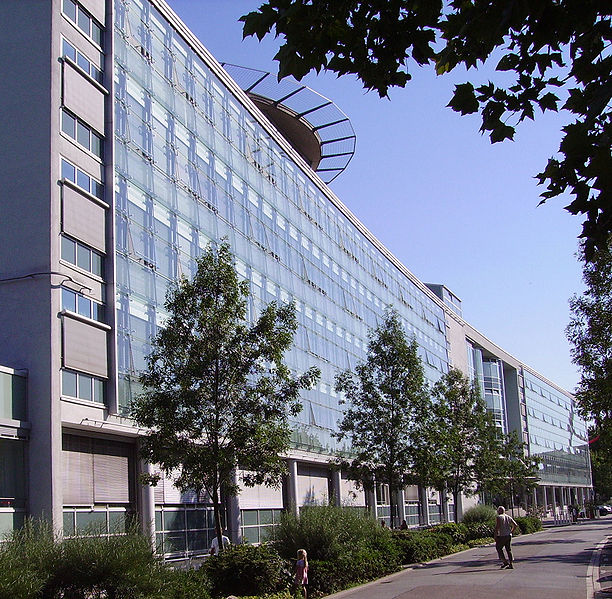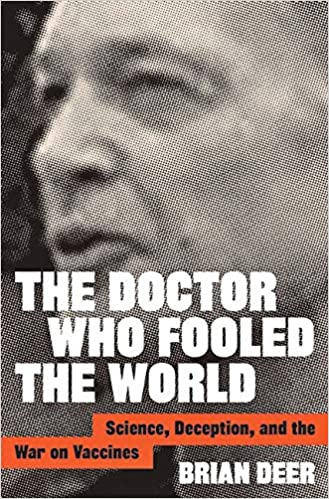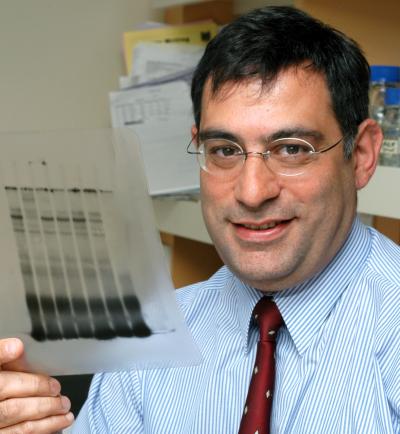
A decade has passed since the breaking of the scandal involving Joachim Boldt, a world-renowned critical care specialist who has held steady as the number two author on the Retraction Watch leaderboard. But the case continues to produce developments that have dramatically increased Boldt’s retraction tally.
Journals have retracted at least 53 papers by Boldt since May 2020, bringing his total number to 153, by our count. That includes 24 articles removed so far in 2021. In September 2020, the British Journal of Anaesthesia announced that it was retracting all but one of the more than two dozen Boldt papers that it had published — leaving the last one standing because it didn’t have solid evidence that it contained fabricated data.
The impetus for the purge was a 2018 report from Justus Liebig University (JLU) Medical School, where Boldt worked between 1982 and 1996. The university concluded that, among other things, Boldt appears to have fabricated data from several theses of students he helped supervise, publishing the doctored results without their knowledge.
Continue reading Anesthesiologist loses 50 more papers in 12 months




 Sam W. Lee, a Harvard researcher — or perhaps former Harvard researcher — who has
Sam W. Lee, a Harvard researcher — or perhaps former Harvard researcher — who has 
